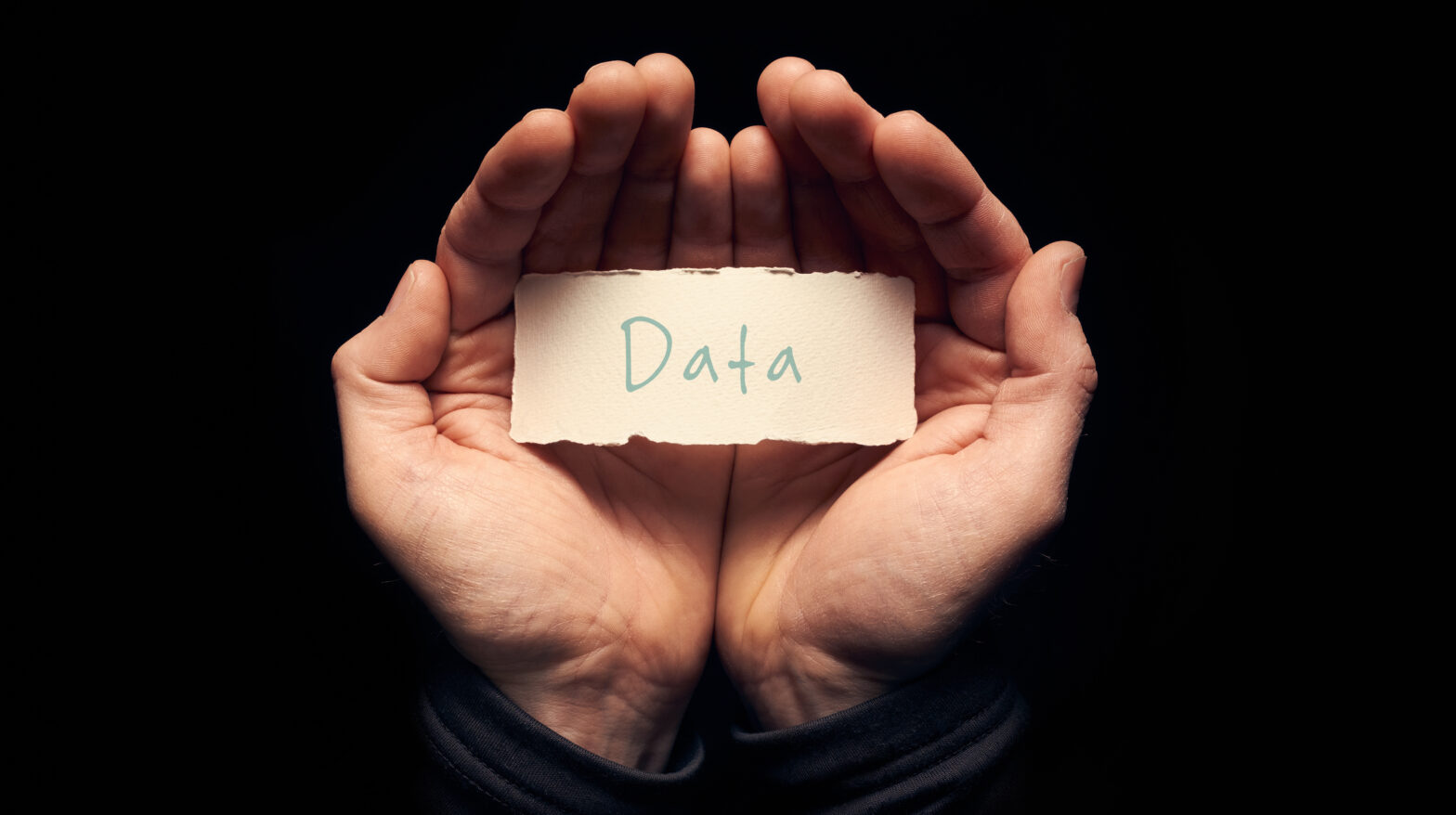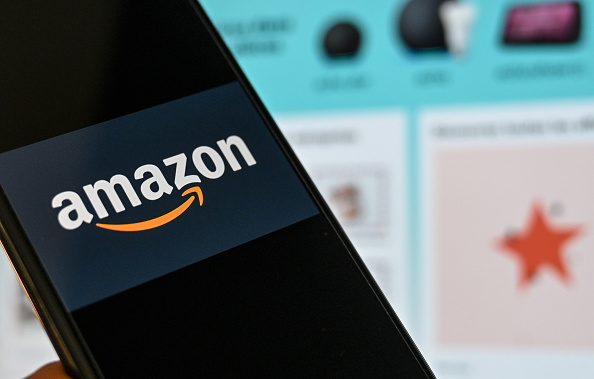Is your company a digital business? If you’re shaking your head and reacting with a negative response, you should think again. It doesn’t matter whether you are a car company, mobile manufacturer or supermarket chain – everything is becoming connected and each business has some unique data that another company can combine with their own and benefit from.
The bottom line? If data isn’t already at the very heart of your business, it should be. Gone are the days when businesses are launched and run exclusively on old-fashioned values such as an instinct and hunches. Gut decisions might be a romantic notion, but should business owners make a stab-in-the-dark judgment when data, analytics and statistics can provide accurate information for informed choices?
You know the answer already. Data can assist a business with better targeting when it comes to reaching out to potential new clients, and it can also enable companies to know its target audience, getting a lot closer to understanding its customers. It can help with converting leads, crystallising marketing campaigns, improving customer satisfaction, collating customer feedback. Regular surveys can reach out to customers; this case study showing how furniture retailer IKEA increased response rates through SMS campaigns is a prime example. And surveys are also valuable for internal use, too, improving manager-staff relationships, employee happiness and therefore, as a result, productivity and efficiency.
Here, we speak to three businesses for a first-hand view of how they use data, and the benefits enjoyed.
Data is a company’s eyes and ears
Joe Griston, regional director for Europe at Freelancer describes his company as an ‘eBay for jobs’. ‘Many of our employers are small businesses, however large corporates have started using the service too as the ‘gig economy’ kicks off. We have even partnered with NASA, which uses our contest platform to help solve problems on the International Space Station.
‘Data is our eyes and our ears. It lets us see opportunities and potential problems. It keeps us honest and stops us from convincing ourselves we’re right when we’re wrong. ‘What does the data say?’ is one of our core values and we even have this printed on our company t-shirts.’
Griston says that the company has been scaled through data science, machine learning and funnel optimisation. ‘We measure everything that happens on the site. We use data (both qualitative and quantitative) to suggest new improvements, to quantify the potential impact of new improvements to see which ones are worth implementing, and also to measure quantitatively whether a new so-called improvement is a step forward or a step back.’
The company matches freelancers’ skills to particular projects, and has a bid ranking algorithm that’s constantly being worked on and improved. ‘We have millions of actions on the site daily, all being tracked and feeding into a dashboard of information that all employees have access to.’
Many of the company’s graphs monitor things that change in subtle and unexpected ways. For example, if 5 per cent more projects are being posted, the staff need to know why. ‘What did we do to achieve this? Should 5 per cent less projects be posted, is this because there is a problem with a new browser that has been introduced or is the drop entirely confined to a particular country celebrating a national holiday, therefore less people working?’ Griston says. ‘We also need to track every interaction between users to ensure safety and security of the work being produced.’
Two different types of data
Ecomnova is an online gift retailer with bases in London and Manchester. It owns two different brands – Appleyard Flowers and Blossoming Gifts.
‘There are two different types of data,’ says head of marketing Inigo Antolin. ‘Thanks to tools like Google Analytics, you can see general trends. For example, you can find that we have a good amount of customers buying flowers from Australia and the US that will be sent to their family and friends in the UK.
‘You can also see other interesting features like age, gender or the source of your traffic. At a more granular level, we can see the occasion why one customer has decided to buy a gift with us, plus the specific product that will help us know which products are more relevant for which occasions.’
One clear case of how the company has benefited is by email. ‘Instead of just sending the same email to all the customers, we have started building segments depending on past behaviour; how many times they have bought with us, for which occasion, and so on.
‘This makes emails more relevant for them and increases opening rates, conversions and customer satisfaction. A step we are considering at the moment is going for a more personalised web experience.’
What is the company’s most valuable data? ‘Knowing the special occasions – as it is a field in our checkout – is a really valuable asset. Now we can remind customers when a birthday of a friend or family member they have bought for in the past is approaching, so we are not only selling; we are helping the final user. I would also say that doing semantic analysis of customer reviews also helps a lot to speak your customer’s language.’
Collecting data from the sign-up process
Federico Raoul Cucchi, chief strategy officer and co-founder of My Beauty Matches, an online marketplace specialising in beauty products, reveals that the website’s sign up process is the starting point for collecting valuable data. ‘When signing up to our website, new users reveal information about themselves, such as skin/hair type and concerns, fragrance preferences, age, etc,’ he says. ‘Therefore, we use this data combined with their behaviour on the website and emails in order to provide the best possible customer experience.
‘This data is our USP, the personalised and unbiased product recommendation services we provide are our raison d’etre. We also use data on how users interact with our newsletters to optimise the content and the layout of our emails.’
The most valuable part for the company is that it collects not one but multiple data points from each customer; on their facial skin, hair and body, which translates into offering an unparalleled personalised experience when shopping for beauty products.
The conclusion? Data, in all its forms, can help a business get closer than ever before to its customers, give clarity to future direction, reduce risk and take the guesswork out of decisions. It’s time to use data to unleash the full potential of your business.





